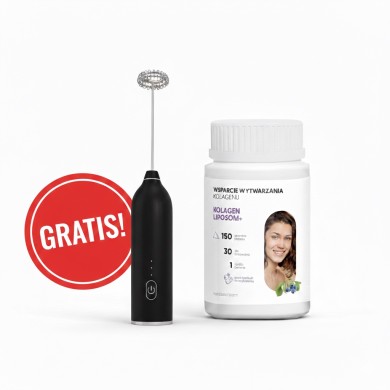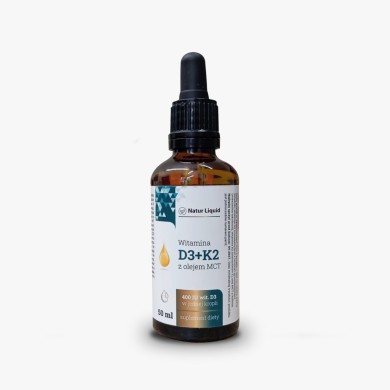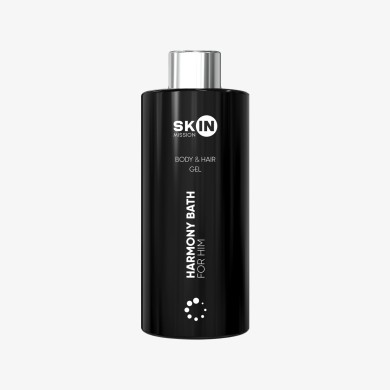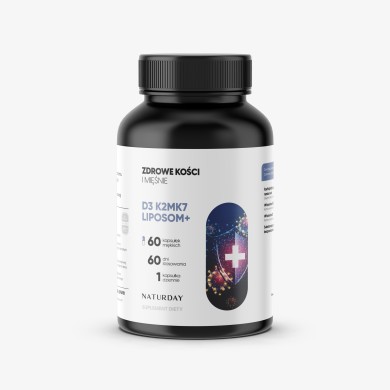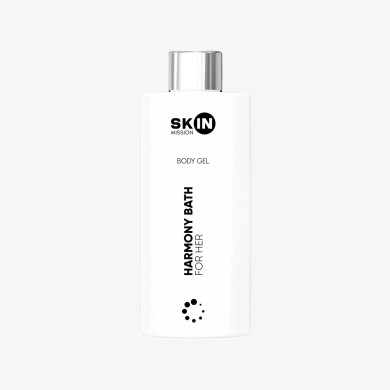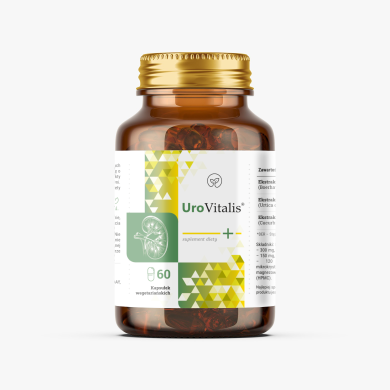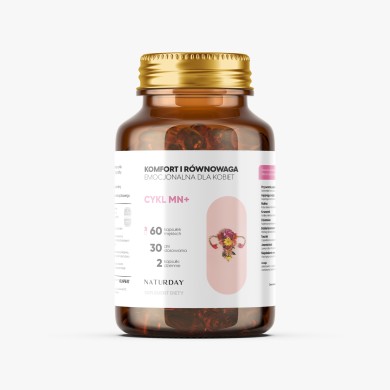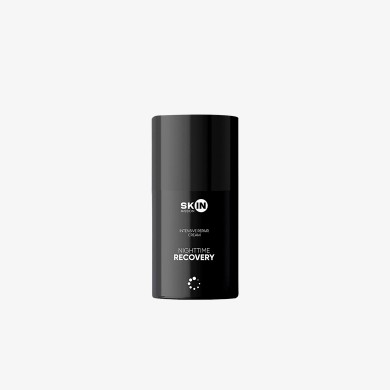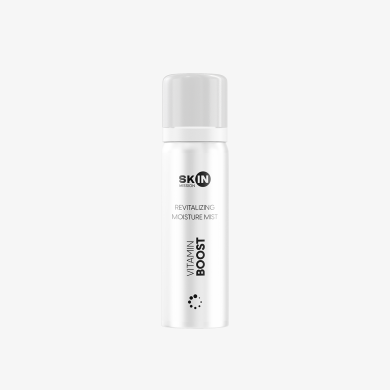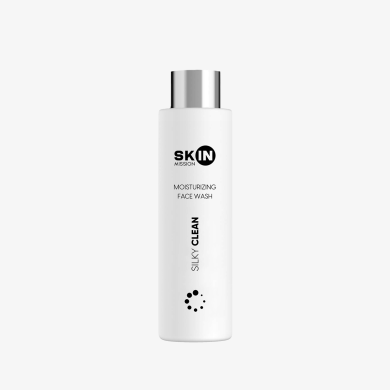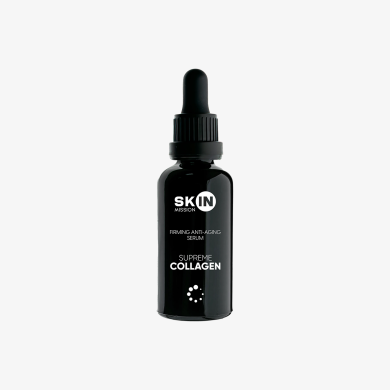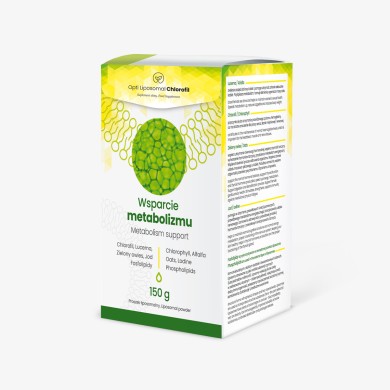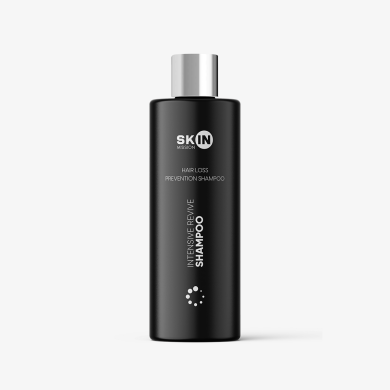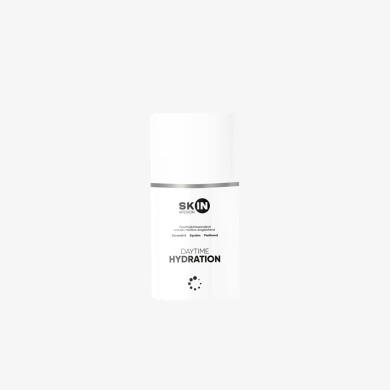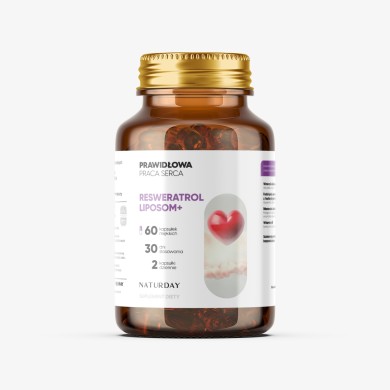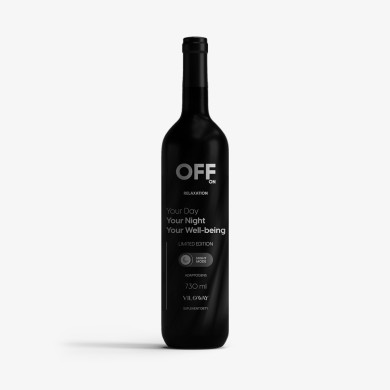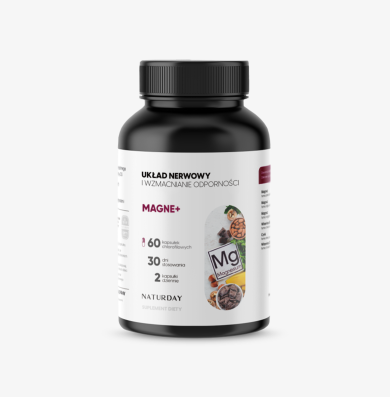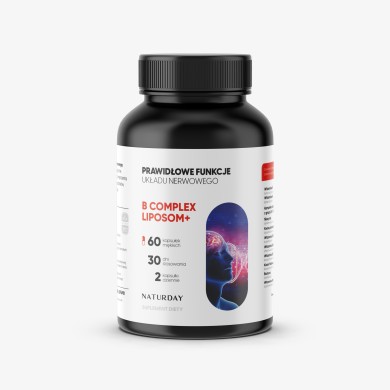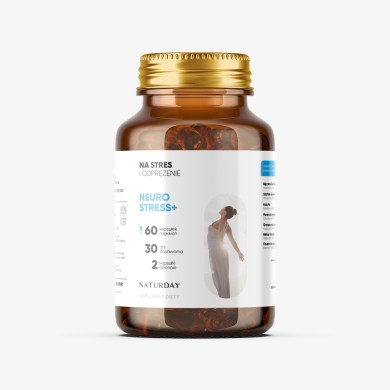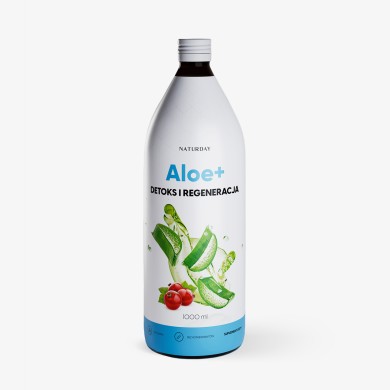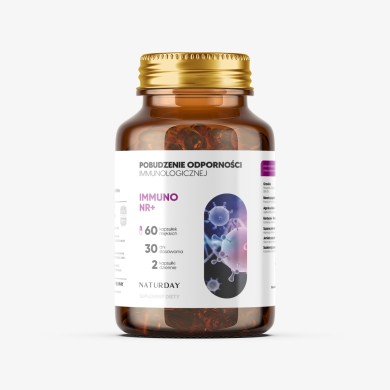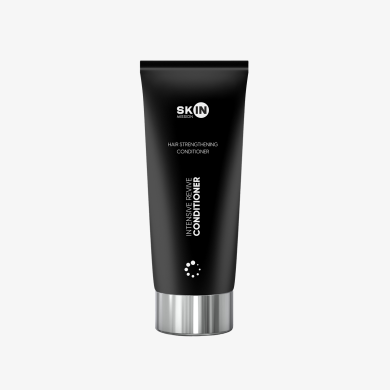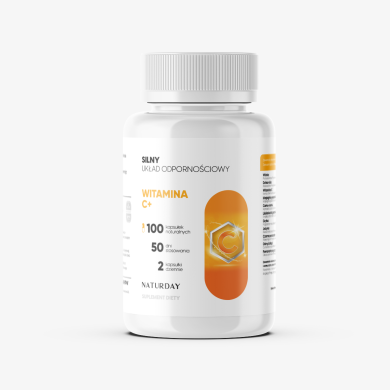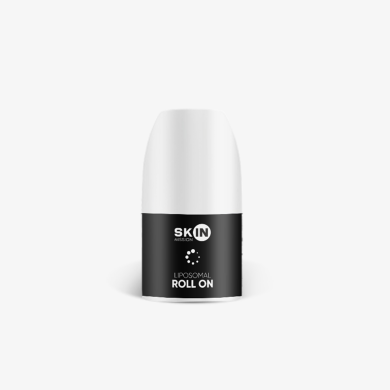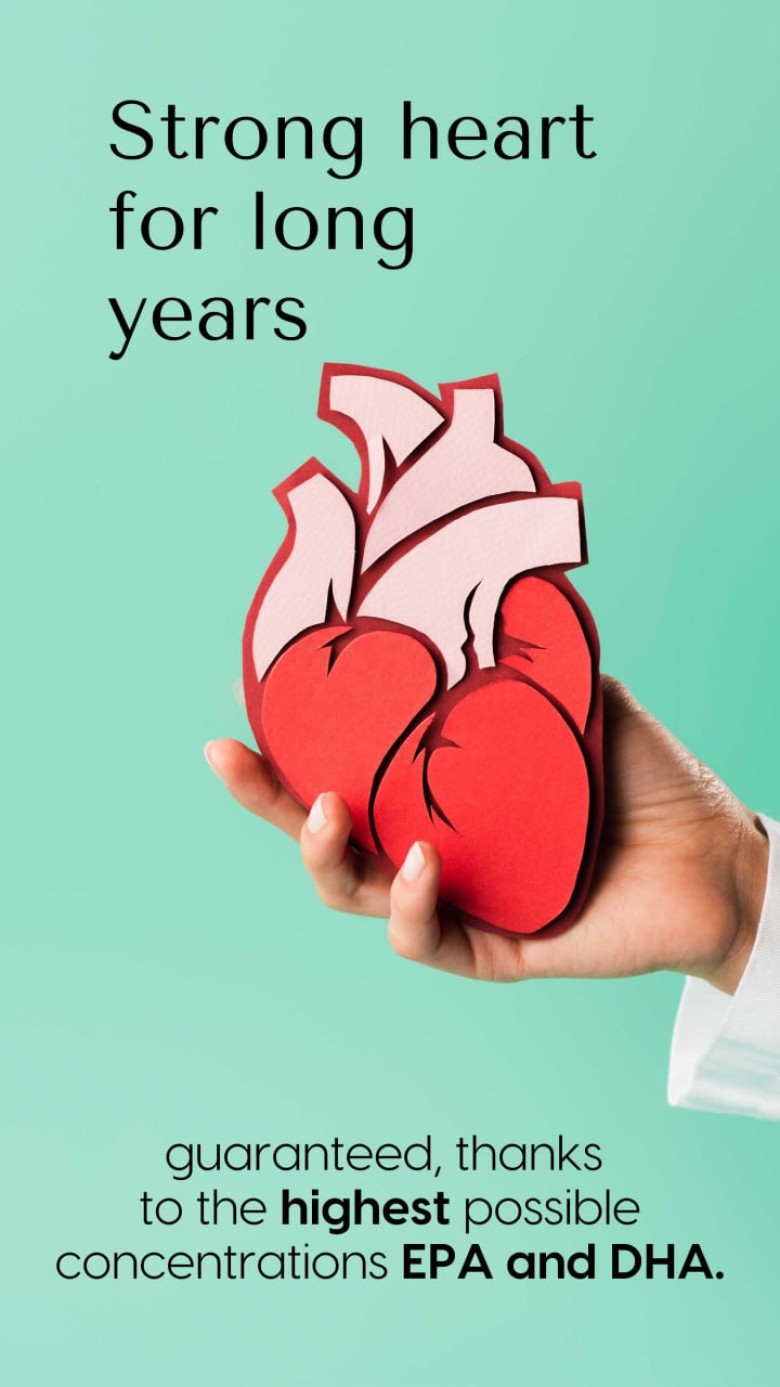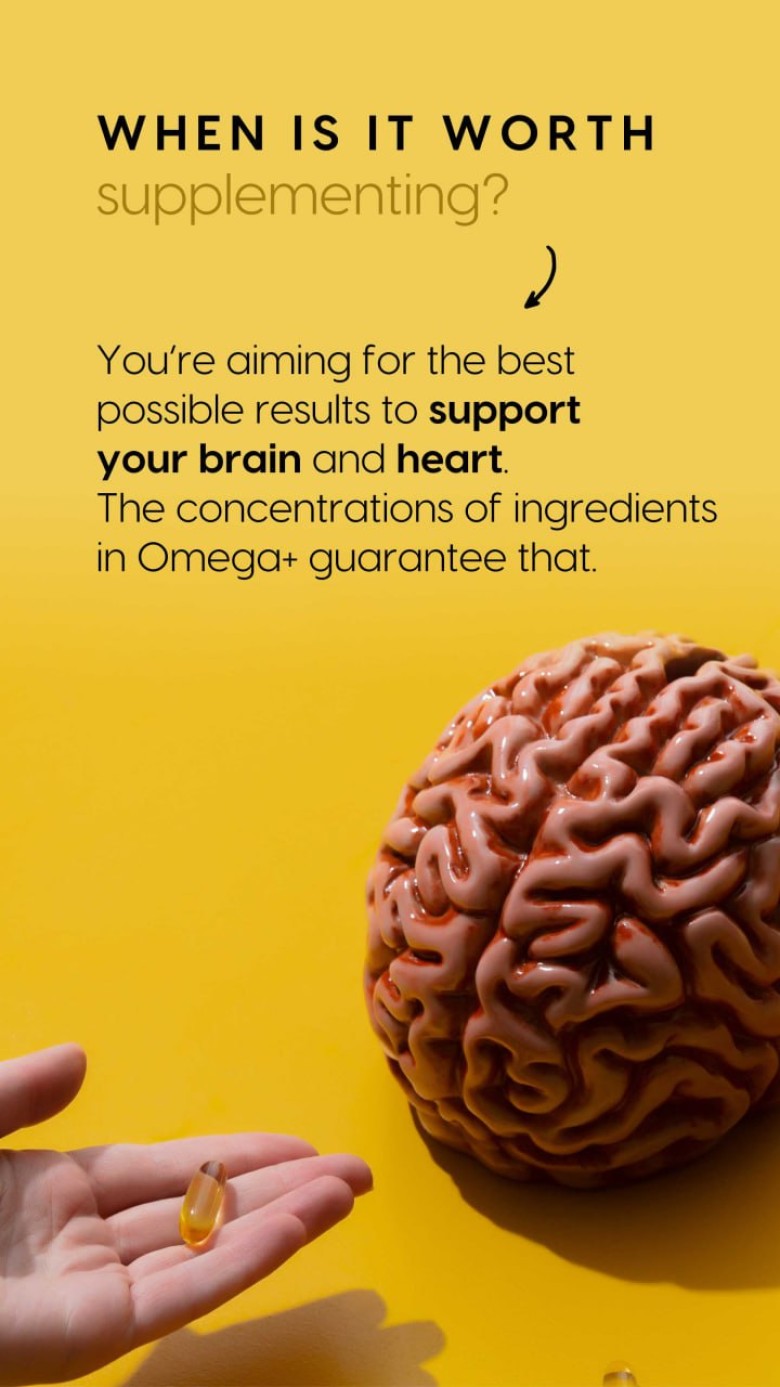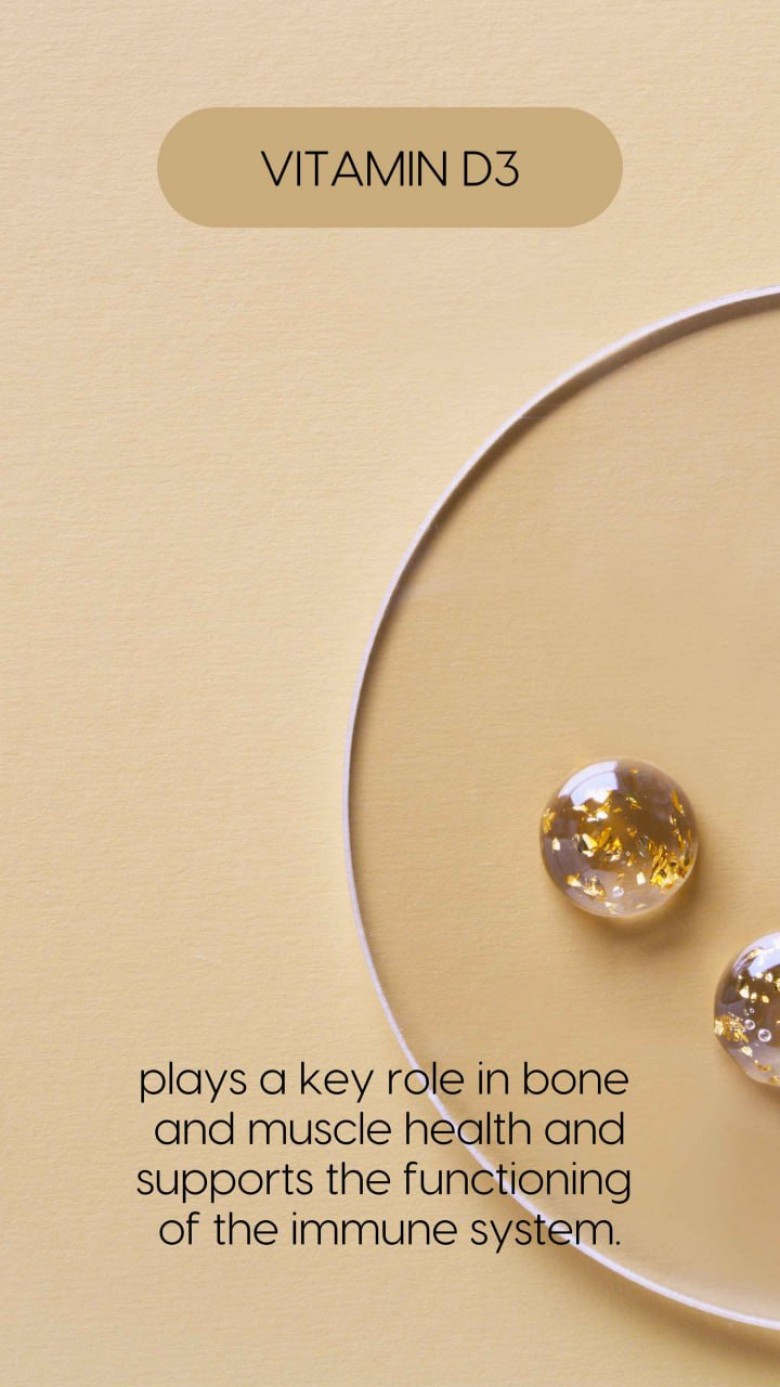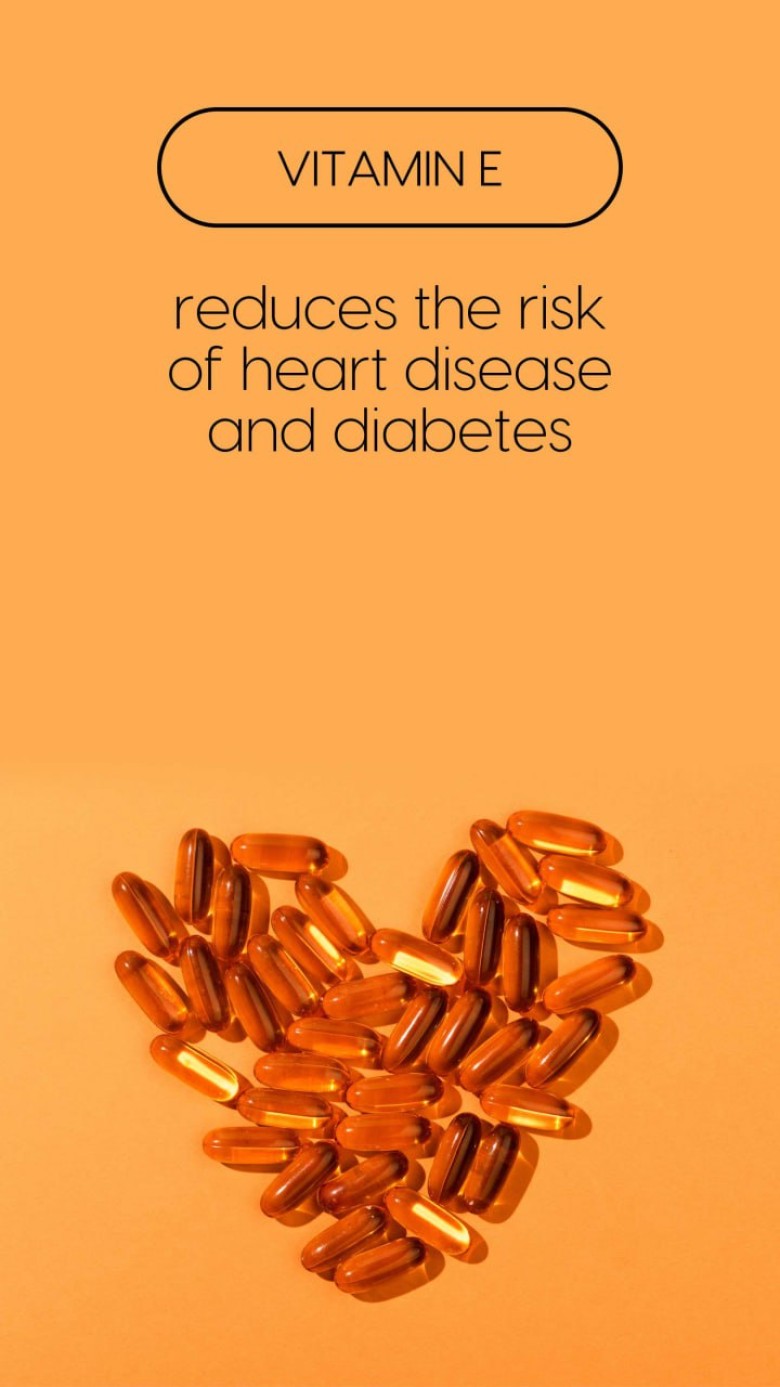- Enhance cognitive function and concentration with concentrated omega-3: DHA 900 mg and EPA 1440 mg.
- Support heart health, the nervous system and normal vision with every serving.
- Take care of your immunity and bone health with the optimal dose of vitamin D3: 50 µg / 2000 IU.

Omega Oleum Forte IQ + D3 is an advanced liquid formula containing the highest quality fractionated oil from Peruvian anchovy, with an exceptionally high content of omega-3 fatty acids: DHA (900 mg) and EPA (1440 mg) per serving.
What sets this product apart is the careful selection of active ingredients and their optimal ratios. The Peruvian anchovy oil is sourced from fish living in the clean waters of the ocean and undergoes advanced molecular filtration, ensuring maximum purity and effectiveness. EPA and DHA fatty acids contribute to the proper functioning of the heart and support the maintenance of normal brain and vision functions.
The formula is enriched with sea buckthorn fruit oil – a natural source of rare omega-7 fatty acids, which support the health of mucous membranes and skin and contribute to the proper functioning of the digestive system.
An additional advantage is the optimal dose of vitamin D3 (50 µg / 2000 IU), which supports the immune system, contributes to the maintenance of healthy bones and teeth and aids in proper muscle function.
The product is preserved with natural antioxidants in the form of rosemary extract and vitamin E from wheat germ, ensuring its freshness and stability.
Adults up to 75 years old and children: 1 teaspoon once daily after a meal.
Adults over 75 years old: 1 teaspoon twice daily after a meal.
Do not exceed the recommended daily dosage. Dietary supplements cannot substitute for a varied diet. Maintaining proper health requires balanced nutrition and a healthy lifestyle.
Fractionated oil from Atlantic (Peruvian) anchovy DHA 900 mg / EPA 1440 mg
Sea buckthorn fruit oil (Hippophae rhamnoides Fructus) - 0,80 ml
Vitamin D3 - 50 µg
Flavouring agent - natural cherry-lemon flavor
Antioxidant substance - oil form of rosemary leaf extract (Rosmarinus officinalis Folium) (containing carnosolic acid)
Antioxidant mixture from wheat germ (Vitamin E)
After opening, keep in the refrigerator, out of the reach of small children.
Hypersensitivity to any of the ingredients in the product.
Do not use in children under 12 years of age, pregnant or breastfeeding women and persons taking anticoagulant medications.
Omega Oleum Forte IQ+
is for you if:
-
You want to support proper brain function, concentration and memory
-
You care about comprehensive heart and cardiovascular health
-
You’re looking to support your eyesight and normal vision
-
You need to boost your immune system, especially during the autumn-winter season
-
You have limited sun exposure and need an extra source of vitamin D3
-
You lead a demanding lifestyle and need nervous system support
- You prefer high bioavailability – the liquid form ensures better absorption than capsules
Indications supported by Omega Oleum Forte IQ+ ingredients
The prevention of aging signs (anti-aging) is a process or actions aimed at delaying or reducing visible signs of aging, such as wrinkles and loss of skin firmness. This includes the use of cosmetics, a healthy diet and lifestyle.
Nervous exhaustion is a state of extreme mental and physical fatigue resulting from prolonged stress, excessive emotional or psychological strain. It manifests as decreased concentration, insomnia, irritability, anxiety and apathy. It can lead to burnout, depression or other health issues.
Stress is the body's response to challenging, demanding or unfamiliar situations that can cause emotional and physical tension. It can be short-term or chronic. Stress affects both mental and physical health.
Schizophrenia is a serious mental disorder characterized by disturbances in thinking, perception, emotions and behavior, which can lead to a loss of contact with reality.
Reflux is a condition in which stomach contents flow back into the esophagus, causing heartburn, a burning sensation in the chest and sometimes pain. It can lead to damage to the esophageal lining and in the case of chronic reflux it can develop into gastroesophageal reflux disease (GERD).
Learning difficulties refer to challenges in acquiring knowledge and understanding material, which can arise from various causes, such as attention and concentration disorders.
Weight loss is the process of reducing body mass, usually through a reduction in calorie intake, increased physical activity, and changes in eating habits, aimed at improving health and body shape.
Hypothyroidism is a condition in which the thyroid gland does not produce enough hormones. It is characterized by symptoms such as fatigue, weight gain, depression and cold intolerance. Treatment with thyroid hormones is necessary to manage the condition.
Hyperactivity is a condition characterized by excessive activity, impulsivity, difficulties in concentration, and a lack of control over emotions or behaviors. It is often associated with disorders such as ADHD.
Atherosclerosis is a condition characterized by the buildup of fats, cholesterol and other substances in the walls of arteries, leading to their narrowing and hardening. It increases the risk of heart attack, stroke and other cardiovascular diseases.
A viral infection is a disease caused by viruses that infect the cells of the body, causing symptoms such as fever, pain, cough or skin changes. It can vary in severity.
Influenza is a viral respiratory infection characterized by fever, cough, muscle aches, headaches, fatigue and chills. It spreads through droplets and can lead to complications.
Eye diseases are conditions that affect the health and function of the visual system. They can include glaucoma, cataracts, macular degeneration, diabetic retinopathy and conjunctivitis, among others. Symptoms may include pain, vision disturbances and redness.
Cancer is the uncontrolled growth of cells in the body, leading to the formation of tumors. It can be benign (non-cancerous) or malignant. The latter, known as carcinoma, has the ability to spread to other parts of the body.
Alzheimer's disease is a progressive neurodegenerative disorder that causes memory loss, impaired thinking and disorientation. It is the most common cause of dementia in older adults.
Lyme disease is an infectious disease caused by bacteria of the Borrelia genus, transmitted by ticks. It is characterized by symptoms such as erythema migrans (a migrating rash), fever, fatigue, joint pain and neurological problems.
Angina (pharyngitis) is a bacterial or viral infection that causes pain, redness and swelling of the throat, along with difficulty swallowing.
Low energy is a state of overall fatigue, weakness, and lack of vitality, which can result from overwork, stress, poor diet, lack of sleep or health problems.
Hypertension is a chronic condition in which blood pressure in the arteries is too high. It can lead to damage to the heart and blood vessels, increasing the risk of heart attack, stroke or heart failure.
Lack of skin firmness is a condition in which the skin loses its elasticity and tautness, becoming looser and saggy. This can be a result of aging, weight loss, inadequate skincare or lack of hydration.
Soothing the skin is the process of reducing irritation, redness, itching and discomfort, often using gentle skincare products and dietary supplements that restore its balance.
Mature skin shows signs of aging, such as loss of elasticity, the appearance of wrinkles, sagging and dryness. It is often also accompanied by pigmentation spots and a decrease in firmness.
A decrease in libido is a reduction in interest in sexual activity, which can affect both men and women.
An allergy is an excessive immune system reaction to substances that are harmless to most people (e.g., pollen, dust, food). Symptoms can include itching, rashes, a runny nose, coughing, or shortness of breath.
Eczema is an inflammatory skin condition characterized by itching, redness, dryness and cracking of the skin. It can be caused by allergies, stress or other environmental factors.
Sleep disorders refer to difficulties in falling asleep, frequent awakenings during the night or restless sleep.
Fainting is a brief loss of consciousness, usually caused by a drop in blood pressure, brain hypoxia, or other health issues. It is characterized by dizziness, weakness and a lack of response.
Tinnitus is the sensation of ringing, buzzing or hissing in the ears without an external sound source. I
The sensation of heat is a subjective feeling of increased body temperature, which can be caused by high ambient temperature, stress, infections, hormonal imbalances or illnesses.
Memory disorders are problems with storing, recalling or remembering information. They can include difficulties in remembering names, dates or events.
An ischemic stroke is a condition in which the blood flow to a part of the brain is blocked, leading to oxygen deprivation and damage to brain cells. Symptoms include sudden weakness, difficulty speaking, paralysis, and loss of balance.
Decreased concentration is difficulty focusing on a single task, leading to easy distractibility, forgetfulness and reduced efficiency in completing tasks. It can be caused by fatigue, stress, emotional issues, lack of sleep or neurological disorders.
Convalescence is the period of recovery after an illness, surgery or injury. It involves the body's regeneration, the restoration of physical and mental strength and a gradual return to full functionality.
Mild (episodic) psychosis is a mental disorder characterized by brief, mild episodes of losing contact with reality, such as hallucinations or delusions. These episodes are typically short-lived and less severe than in other forms of psychosis.
Skin ulceration is damage to the skin's structure that leads to the formation of an open wound or ulcer. It can result from injuries, infections, chronic diseases (e.g., diabetes, varicose veins), or poor circulation.
Anxiety is an emotional state characterized by a sense of insecurity and vague discomfort. Often confused with fear, it differs from it by the absence of physiological changes (such as shortness of breath, sweating and a rapid pulse), which are always present with fear.
Neuroprotection is a process or action aimed at protecting neurons from damage, degeneration or oxidative stress, which can lead to neurodegenerative diseases such as Alzheimer's or Parkinson's.
Excessive agitation is a state in which a person experiences intense tension, anxiety or excess energy, often manifesting as difficulties in concentration and impulsivity.
Psoriasis is a chronic autoimmune disease that causes the accelerated growth of skin cells. This leads to the formation of red, scaly patches on the skin. It can be recurrent, with symptoms worsening during stress.
A bacterial infection is a condition in which bacteria enter the body, multiply and cause tissue damage, which can lead to illness and inflammation.
Angina pectoris is chest pain caused by inadequate blood flow to the heart, often due to coronary artery disease. It manifests as pain, pressure and shortness of breath, particularly during physical exertion.
Autoimmune diseases are conditions in which the immune system mistakenly attacks the body’s own cells and tissues, recognizing them as foreign. These diseases can lead to chronic inflammation and organ damage. Examples include rheumatoid arthritis, multiple sclerosis, and lupus erythematosus.
Coronary heart disease is a condition characterized by the narrowing or blockage of the coronary arteries due to atherosclerotic plaques. It can lead to chest pain (shortness of breath, angina) and heart attacks.
High cholesterol can lead to the formation of atherosclerotic plaques, increasing the risk of heart disease and stroke. The main causes include a diet high in saturated fats, lack of physical activity, smoking and genetic factors.
Asthma is a chronic respiratory disease characterized by inflammation and narrowing of the airways, making breathing difficult. Symptoms include coughing, shortness of breath, wheezing, and chest tightness.
Vision problems are difficulties in perceiving images, such as blurred vision, eye pain, double vision or sensitivity to light, resulting from refractive errors or eye diseases.
Odporność to zdolność organizmu do obrony przed infekcjami i chorobami.
Dry skin is a condition in which the skin loses an adequate amount of moisture, becoming rough, dull, tight, and may experience flaking, itching, or redness.
Wrinkle reduction involves using products that support skin regeneration, smooth out wrinkles, provide hydration, and stimulate collagen production.
Rough skin is a condition in which the skin becomes stiff, dull, and uneven to the touch, often due to dehydration lack of moisture, or exposure to environmental factors. It may also be accompanied by flaking.
Strengthening of the heart involves using supplements containing ingredients that support heart health, such as omega-3 fatty acids, magnesium, coenzyme Q10, vitamins D and E, and antioxidants.
Hemorrhoids are enlarged veins located around the anus or rectum, which can cause discomfort, pain and bleeding during bowel movements.
A rash is a skin change that can appear as spots, hives, blisters or redness. It can be caused by an allergy, infection, skin conditions or a reaction to medication. It is often accompanied by itching.
Hives are an allergic reaction characterized by red, itchy welts on the skin that resemble the marks left by a nettle burn. It can be caused by an allergy, stress or an infection.
Snoring is most often caused by the looseness or narrowing of the airways, which increases the risk of sleep apnea.
Dry eye is a condition in which the eye produces insufficient tears or the tears evaporate too quickly. Symptoms include a burning, itching, irritation or redness.
Gingivitis is a condition in which the gums become red, swollen and bleed.
Memory problems are difficulties in remembering, storing or recalling information. They can result from stress, fatigue, aging or diseases such as dementia.
Erectile dysfunction is a condition in which a man has difficulty achieving or maintaining an erection sufficient for sexual intercourse.
Multiple sclerosis (MS) is a chronic autoimmune disease in which the immune system attacks the myelin sheath of nerve fibers, leading to damage in the nervous system. It manifests as motor, sensory disturbances and fatigue.
Vascular purpura is a condition characterized by increased fragility and permeability of blood vessels, leading to easy bruising, bleeding and petechiae on the skin. It can result from various diseases, such as congenital vascular defects or autoimmune disorders.
Regeneration in sports is the process of restoring the body to full functionality after physical exertion, often following injuries or strain on muscles and tendons. It involves rest, proper diet and hydration. Regeneration helps prevent injuries and improves athletic performance.
Benign prostatic hyperplasia (BPH) is a condition in which the prostate gland enlarges, which can cause difficulty urinating, frequent urination and a feeling of incomplete bladder emptying.
Dementia is a syndrome of symptoms associated with the progressive impairment of cognitive functions such as memory, thinking, orientation, language and decision-making abilities. The symptoms worsen over time, leading to a loss of independence.
Cerebral ischemia is a condition in which the blood flow to the brain is reduced or interrupted, leading to a lack of oxygen for brain cells. This can result in tissue damage and neurological disorders. Ischemia can be caused by an embolism, thrombosis or narrowing of blood vessels.
Neurosis is a mental disorder characterized by anxiety, tension, difficulties in coping with stress and various physical symptoms, without psychotic disturbances.
Uterine fibroids are benign tumors that develop within the muscle tissue of the uterus. Symptoms may include abdominal pain, heavy menstrual bleeding, pain during intercourse or difficulty getting pregnant. Fibroids are influenced by hormonal imbalances and genetic predisposition.
Seborrhea is the excessive production of sebum (oil), leading to oily skin, particularly on the face, scalp and back. It can be a symptom of skin conditions such as seborrheic dermatitis and may also result from stress, hormonal changes or diet.
Hyperlipidemia is a condition in which there are elevated levels of lipids (fats) in the blood, such as cholesterol and triglycerides, which increases the risk of cardiovascular diseases.
Depression is a mental disorder characterized by persistent feelings of sadness, hopelessness, lack of energy and loss of interest in life. It can affect daily functioning and may require treatment.
Stomach and duodenal ulcers are sores on the mucous membrane of these organs, often caused by an infection with *Helicobacter pylori* bacteria or excessive use of pain medications. They are characterized by pain in the upper abdomen, heartburn, and nausea.
Hashimoto's disease is an autoimmune thyroid disorder in which the immune system attacks the thyroid gland, leading to hypothyroidism. Symptoms include fatigue, weight gain, depression and sensitivity to cold.
Telangiectasia - skin prone to broken and visible blood vessels, especially on the face. It is sensitive to external factors such as temperature changes, alcohol and stress.
Arrhythmia is a heart rhythm disorder that can manifest as a heartbeat that is too fast, too slow or irregular. It can lead to dizziness, fainting and in more severe cases, can be life-threatening.
A deficiency in vitamin D can lead to weakened bones, muscle pain, a weakened immune system, and other health problems.
Improving skin quality through the use of nourishing and building substances. It is an excellent complement to daily skincare.
Skin hydration – using products that help maintain the proper moisture levels in the skin, such as hyaluronic acid, collagen, vitamins (A, E, C), and minerals. Regular use of these can improve the skin's condition, elasticity and hydration.
Skin regeneration is the process of rebuilding and repairing the skin, improving its appearance, elasticity and hydration. Skin regeneration can be supported through moisturizing, nourishing the skin from within and using skincare products with active ingredients.
Dry skin is a condition in which the skin loses its natural moisture, becoming rough, tight, and may peel or crack.
Liver reinforcement is the improvement of its ability to detoxify, metabolize substances, produce bile and store important vitamins and minerals.
A runny nose is an inflammation of the nasal mucous membrane that leads to excessive mucus production. It can be caused by a viral infection, an allergy, or other irritating factors.
Itching is an unpleasant skin sensation that triggers the urge to scratch or rub. It can result from skin irritation, allergies, skin conditions, insect bites or infections. It is often accompanied by redness or a rash.
Irregular periods are a menstrual cycle disorder characterized by variability in the duration, intensity or frequency of bleeding, which can result from various health factors.
Low blood pressure, or hypotension, is a condition where blood pressure is lower than normal, which can cause dizziness, fainting, fatigue, and difficulty concentrating.
Redness of the eyes is a symptom in which the white part of the eye becomes red or pink. It can be caused by infections, allergies, fatigue or irritation.
Fungal infections are diseases caused by fungi, which can occur on the skin, mucous membranes or in internal organs.
Aphthae are painful, small ulcers that appear on the mucous membrane of the mouth. They can be caused by stress, injuries, infections, vitamin deficiencies, or autoimmune diseases.
What do our recipients say about Omega Oleum Forte IQ+?
Do you have Omega Oleum Forte IQ+?
Describe your experience with the product, add a review and help others choose.
Zanim kupiłam przeanalizowałam kilka składów. Ten mnie zachwycił. Stosunek jakości do ceny fajny. Jeśli chcesz działać silnie przeciwzapalnie, wspierać odporność i skórę warto zainwestować w olej z sardeli i rokitnika (więcej EPA, wit. E i rokitnik).w składzie jest też wysoka dawka wit D3 co jest dodatkowym atutem

I scoured the market a little, did a lot of comparisons and, for me, the best omega3 and, in addition, at a very good price for this quality. Liquid form, very pleasant in taste + these additives- majstrsxtyk. With such a daily dose, the effect is guaranteed. Highly, but highly, recommended.
I scoured the market a little, did a lot of comparisons and, for me, the best omega3 and, in addition, at a very good price for this quality. Liquid form, very pleasant in taste + these additives- majstrsxtyk. With such a daily dose, the effect is guaranteed. Highly, but highly, recommended.

Sensational composition of Atlantic anchovy oil and rocket fruit contributes to improvement with snoring, memory and sleep disorders as well as in my son during sickness, highly recommend my family delighted
Sensational composition of Atlantic anchovy oil and rocket fruit contributes to improvement with snoring, memory and sleep disorders as well as in my son during sickness, highly recommend my family delighted

Sensational composition and taste 😀 we drink the whole family, even my three year old enjoys drinking and says it's delicious.
Sensational composition and taste 😀 we drink the whole family, even my three year old enjoys drinking and says it's delicious.

Very unique composition and taste - I buy alternately with Omega+, because I use Omega acids every day, I know how valuable and important it is!
Very unique composition and taste - I buy alternately with Omega+, because I use Omega acids every day, I know how valuable and important it is!

Omega is drunk by my whole family, for me an absolute must have, and above all I buy it because of the composition. WOW !
Omega is drunk by my whole family, for me an absolute must have, and above all I buy it because of the composition. WOW !

The composition is a revelation, and the taste is a big plus - our family daily, we have introduced Oleum permanently into our supplementation.
The composition is a revelation, and the taste is a big plus - our family daily, we have introduced Oleum permanently into our supplementation.

Super composition and very good taste. My children even drink it with pleasure. I recommend
Super composition and very good taste. My children even drink it with pleasure. I recommend

This is what your predecessors asked us about
Frequently Asked Questions
Omega Oleum Forte IQ + D3 contains fractionated DHA/EPA oil from sardines, sea buckthorn fruit oil, vitamin D3, and vitamin E. DHA and EPA fatty acids support heart and brain health, sea buckthorn oil has anti-inflammatory effects, and vitamins D3 and E help support the immune system and protect cells from oxidative stress.
No, Omega Oleum Forte IQ + D3 is free from artificial colors and flavors. It has a natural lemon-cherry aroma.
Yes, the Omega-3 fatty acids contained in the product have anti-inflammatory properties that may help reduce inflammation in the body.
The main sources of DHA and EPA are fractionated oil from wild Peruvian anchovy.
Children can take Omega Oleum Forte IQ + D3, but it is recommended to consult a pediatrician before starting supplementation.
Do you have any questions?
You are supported by our service office and experts.
From Monday to Friday 8:00 - 16:00.
